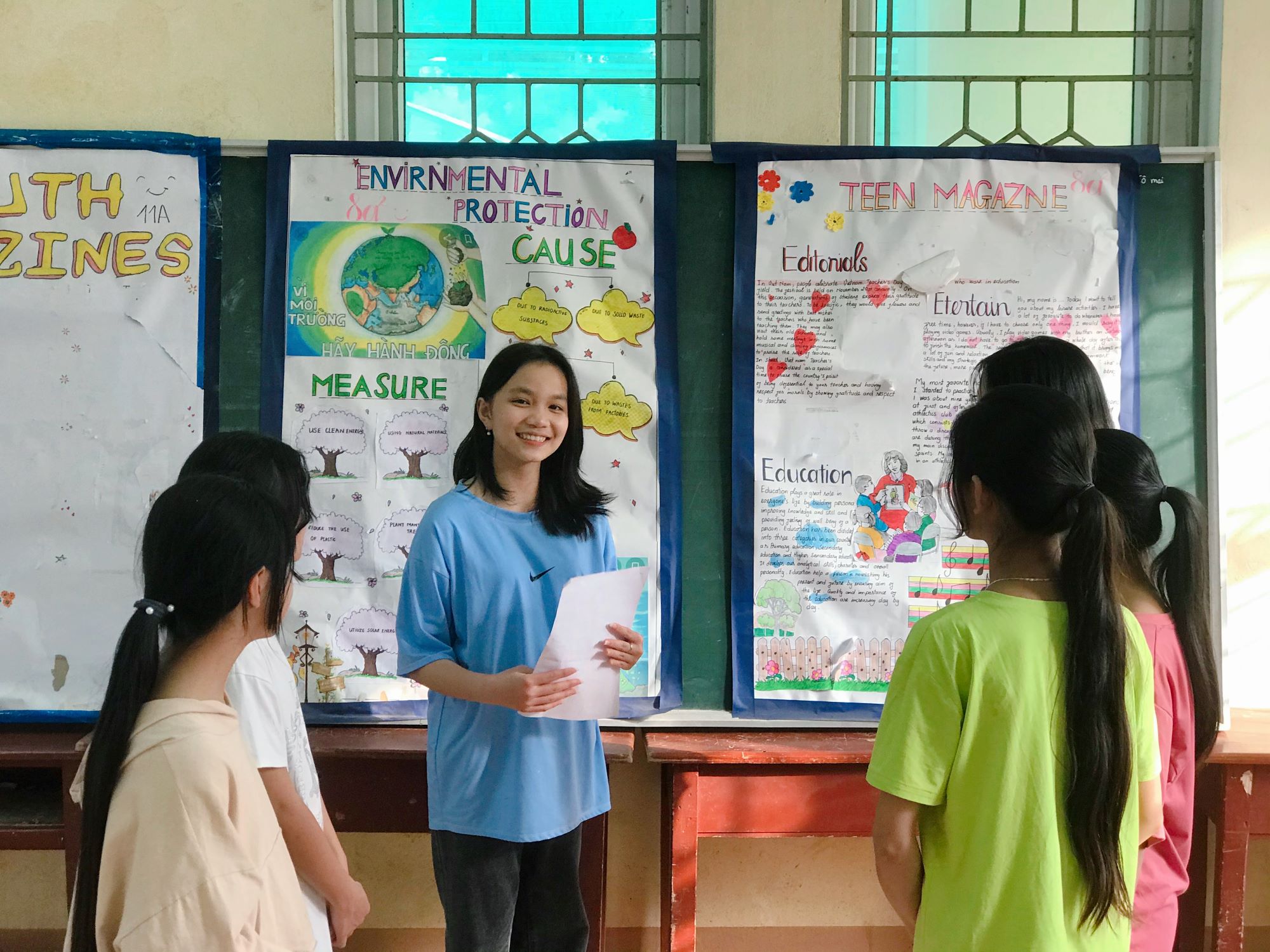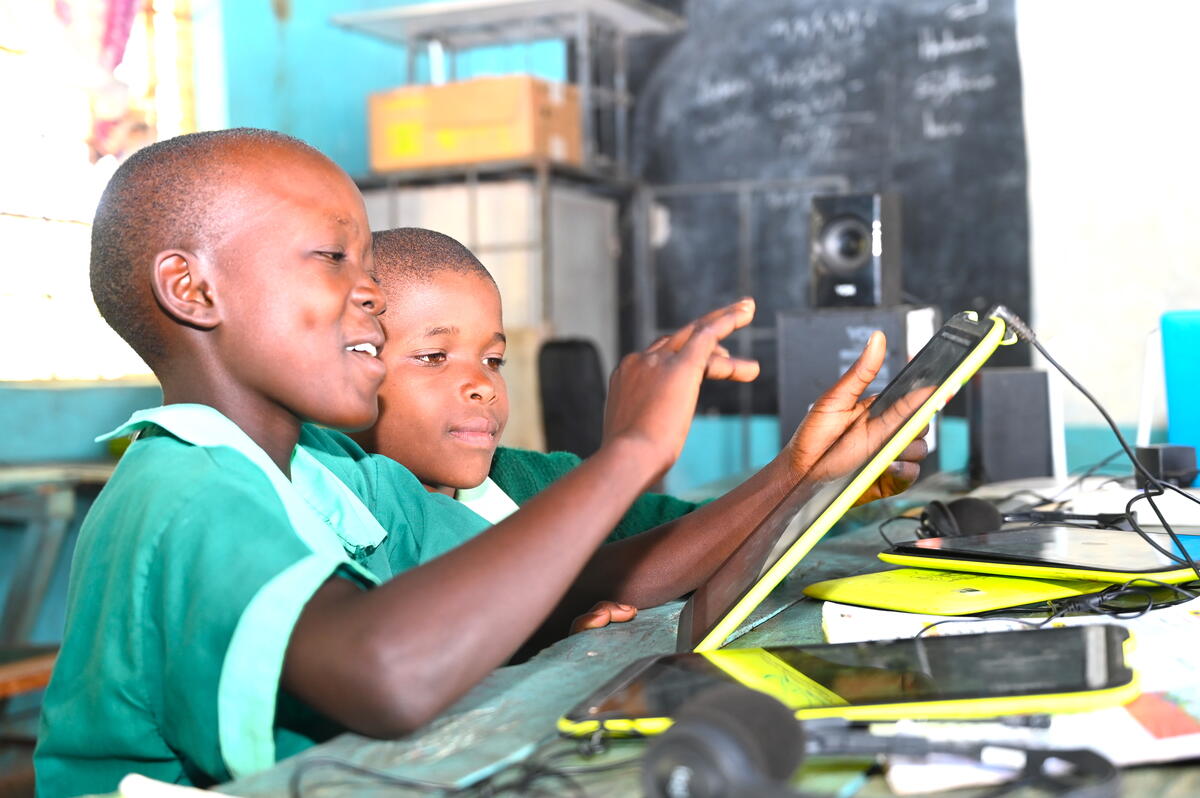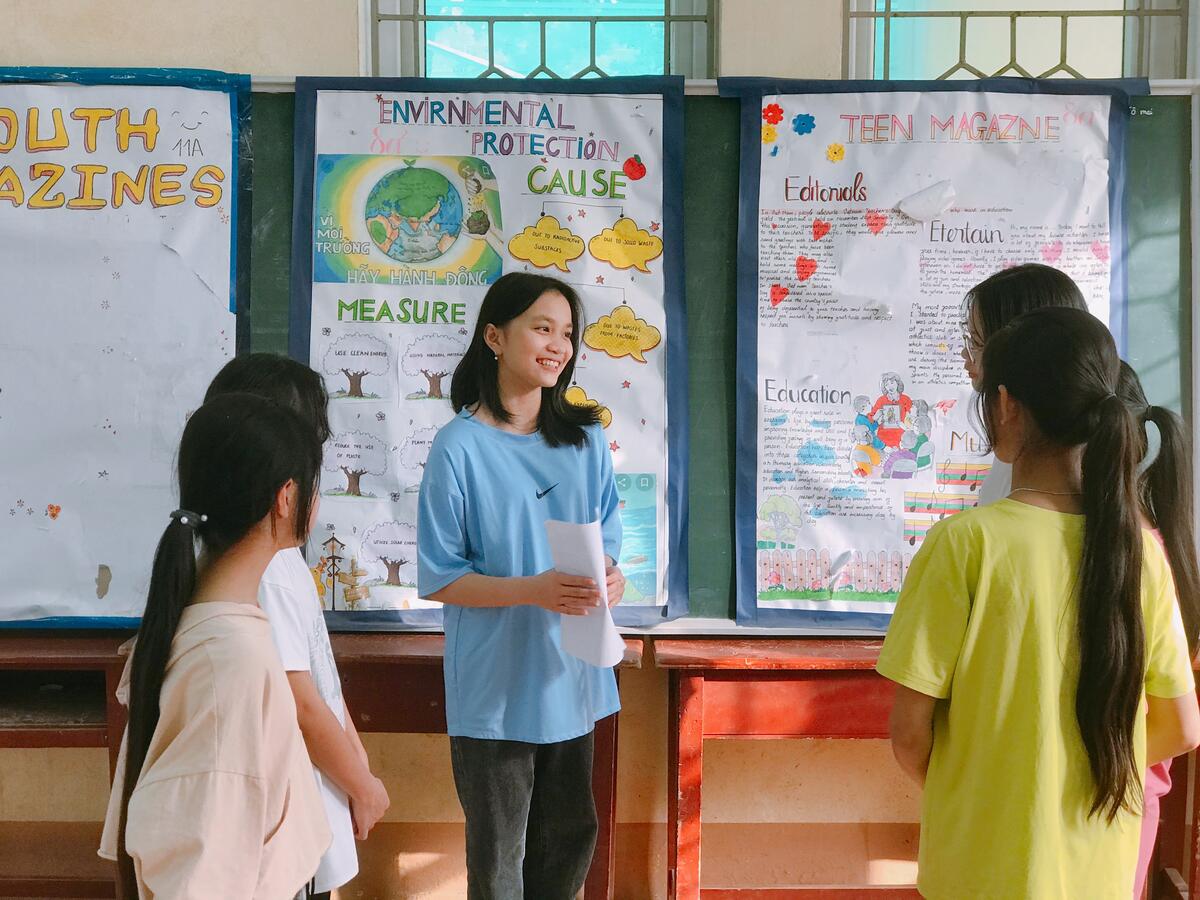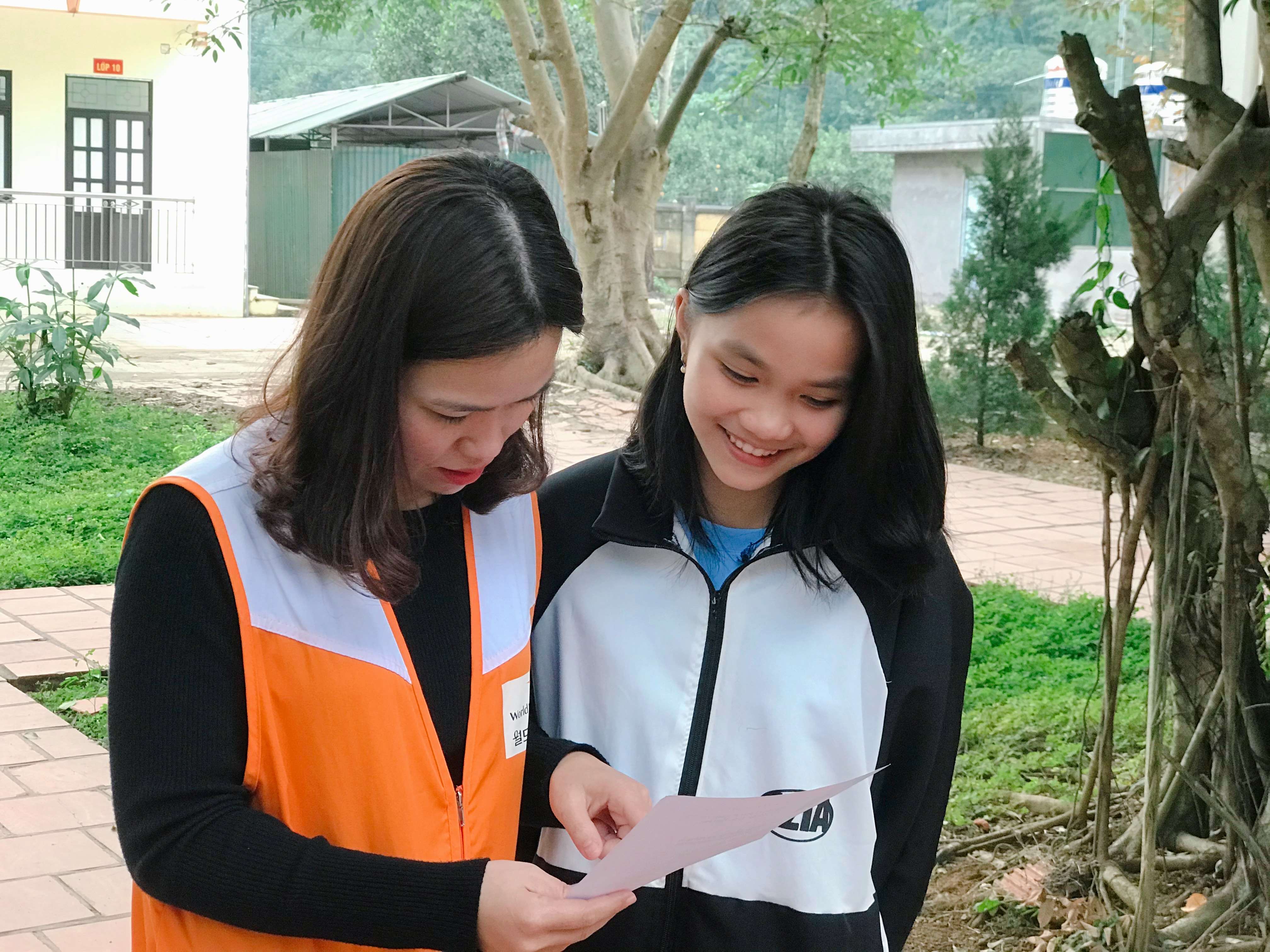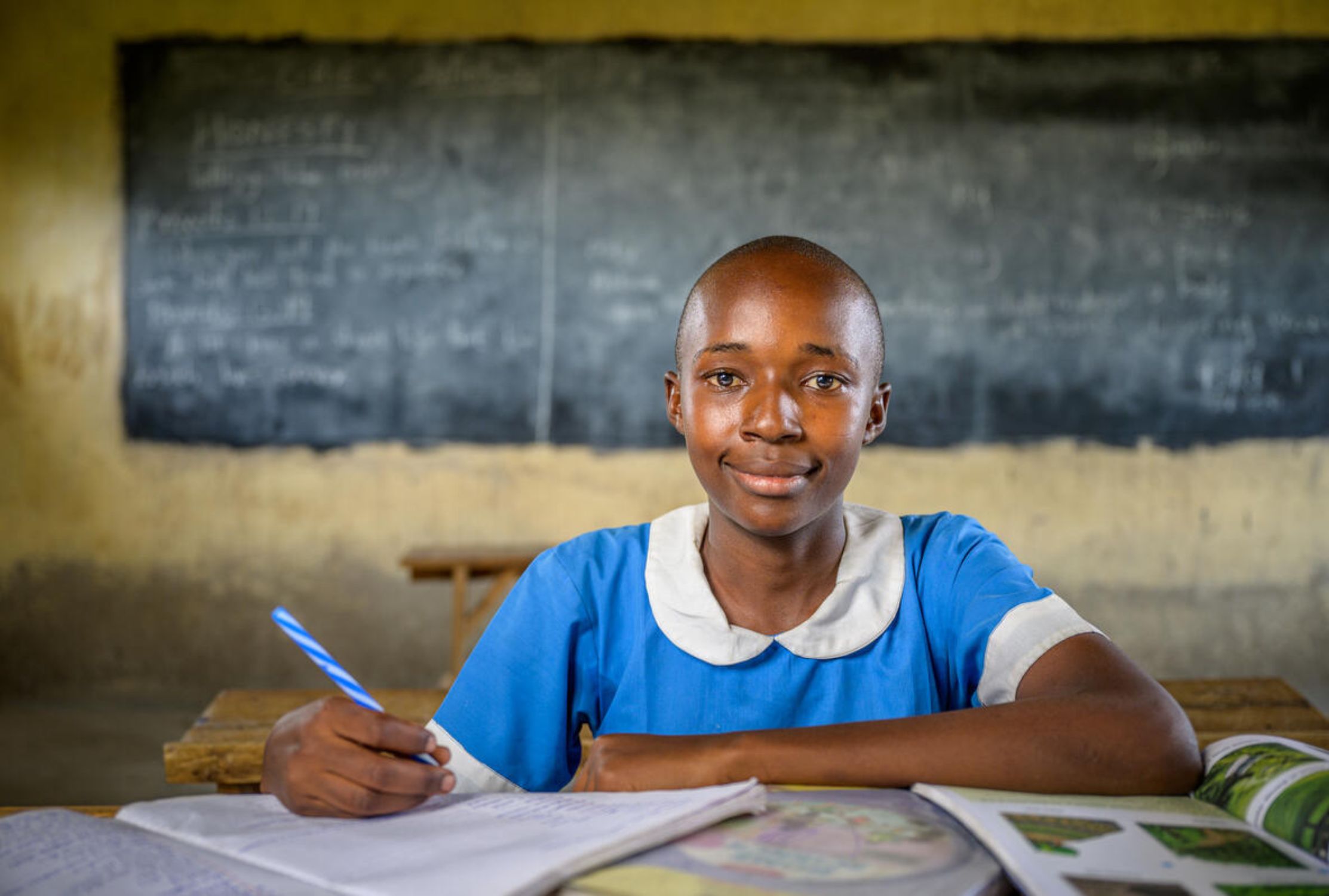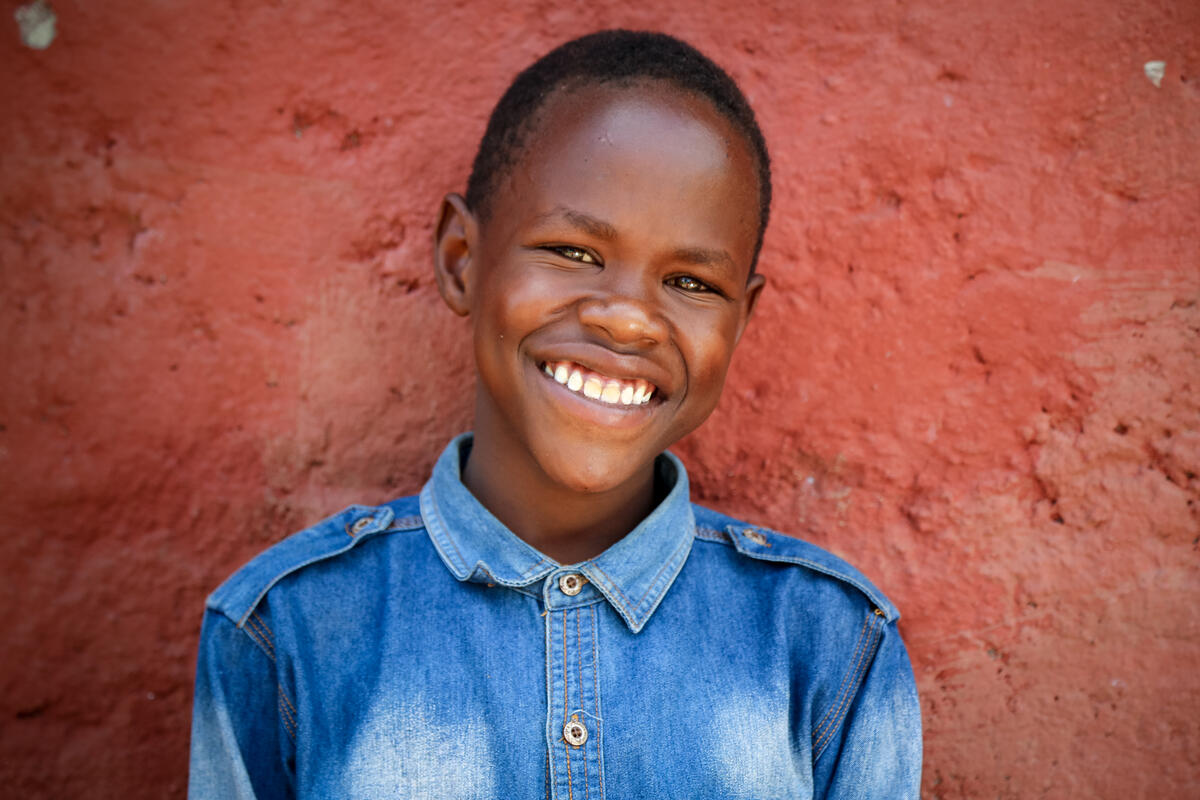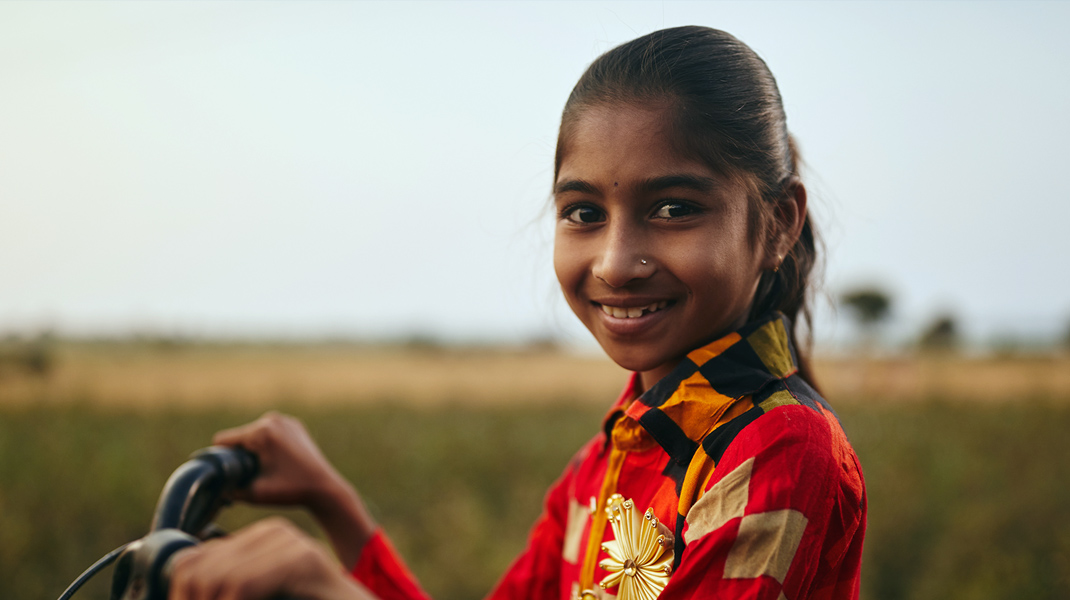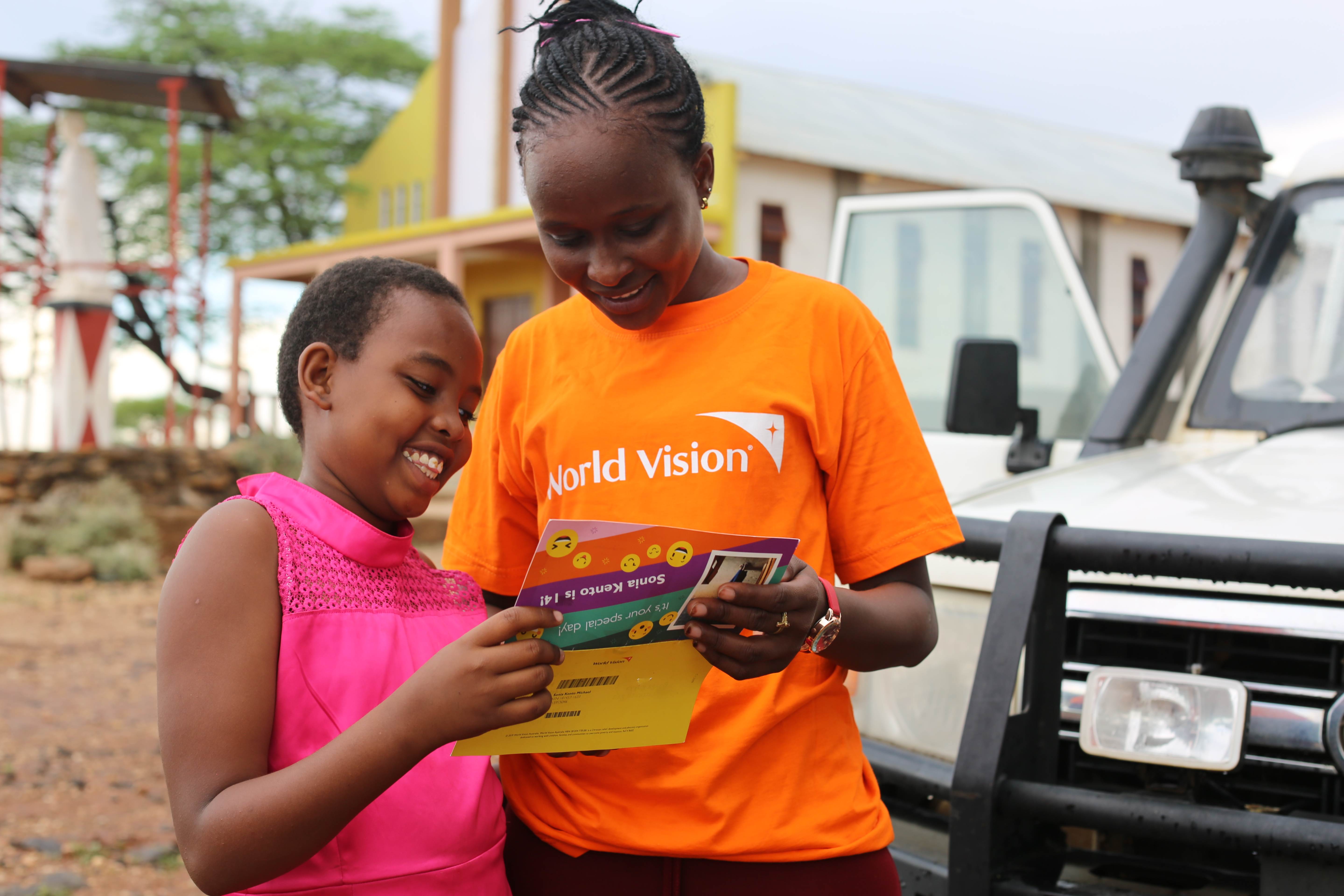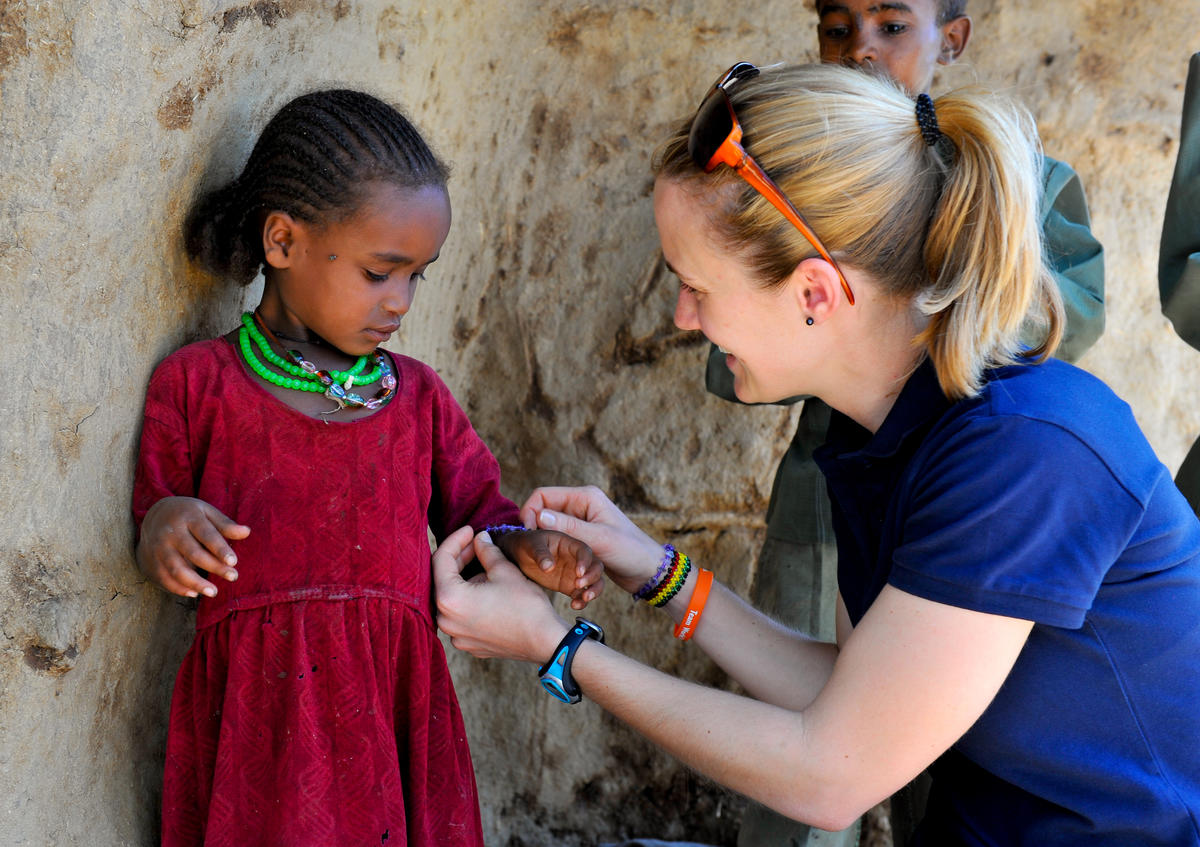According to UNESCO, 250 million children and youth are out of school, and 763 million adults are illiterate. Children who aren’t getting an education are more vulnerable to exploitation, child marriage, and lower earning potential. There are millions of boys and girls who are in school, but they’re facing other issues like having poorly trained teachers and a lack of school resources. All of this hinders their ability to reach their God-given potential.
As an international education charity, World Vision is working with communities to address barriers to education. Learn about the International Day of Education and how you can join World Vision supporters to improve child literacy rates.
When is the International Day of Education?
The International Day of Education 2025 is on Friday 24 January.
First observed in 2019 and proclaimed by the United Nations General Assembly, International Education Day falls on 24 January annually.
What is the International Day of Education?
The International Education Day helps to shine a light on children who are missing out on receiving the education they deserve, as well as celebrating the role of education and its importance in the world.
We believe education is a human right, which is why we partner with local governments to ensure communities are empowered to provide a quality education for their children. The United Nations recognises that improving access to education is essential for reaching the global Sustainable Development Goals.

